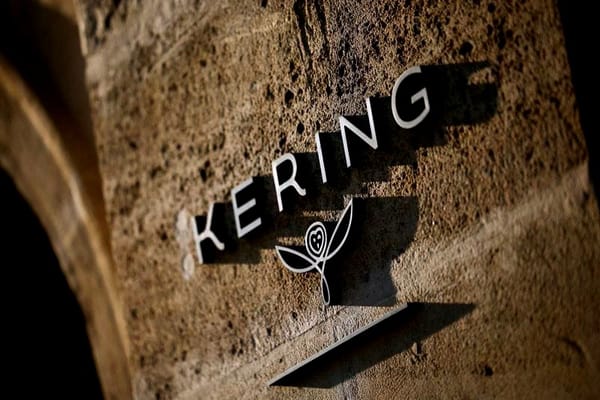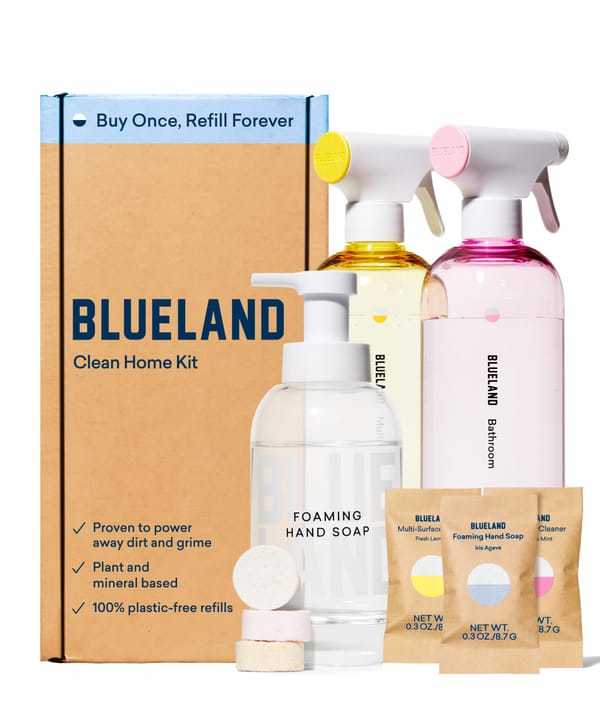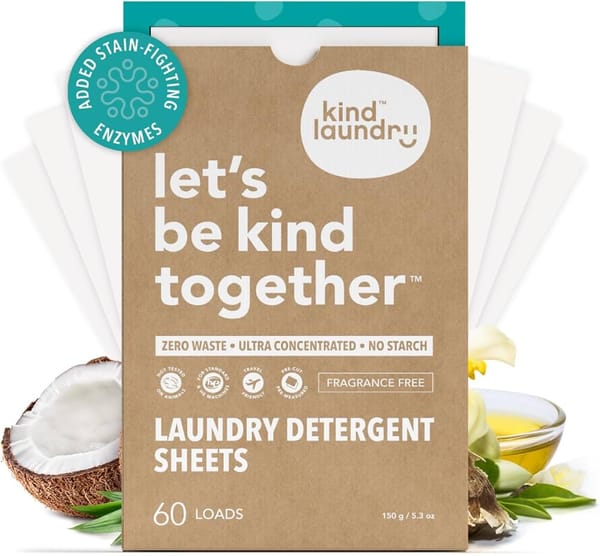Eco-Friendly Home Trends in 2025: What’s Next in Sustainable Living?

As climate concerns grow and technology advances, sustainable living is no longer just a trend—it’s a necessity. In 2025, eco-friendly home innovations are making it easier than ever to reduce environmental impact without sacrificing style or comfort. From smart energy-efficient homes to plant-based furniture and sustainable air purifiers, let’s explore the biggest trends shaping the future of green living.
Smart Energy-Efficient Homes: The Future of Sustainable Living
Energy efficiency is at the heart of eco-friendly home design. In 2025, the latest smart home technology allows homeowners to minimize waste while optimizing energy use. Companies like Sonnen are revolutionizing home energy storage with AI-powered battery systems that store solar energy for use during peak hours.
Meanwhile, smart thermostats from Ecobee and Nest now use machine learning to adjust heating and cooling based on your schedule, slashing energy bills while reducing carbon footprints. Additionally, passive house design, a concept pioneered by Passive House Institute, is gaining traction. These ultra-energy-efficient homes use high-performance insulation and ventilation to maintain indoor temperatures naturally, reducing reliance on HVAC systems.
By integrating smart energy-efficient technologies, homeowners can significantly lower their electricity bills, reduce their dependence on fossil fuels, and contribute to a more sustainable power grid.
Plant-Based Furniture: A Stylish and Sustainable Shift
As people move away from synthetic materials, plant-based furniture is becoming a must-have for eco-conscious homeowners. Companies like Sabai and Medley are leading the way by creating sofas and chairs made from natural latex, FSC-certified wood, and recycled fabrics.
Another game-changer is mycelium-based furniture, crafted from mushroom roots. Ecovative Design has been pioneering this space, developing furniture and packaging solutions using this fully biodegradable material. Even big brands like IKEA are committing to plant-based materials, with their recent launch of the MUSSELBLOMMA collection, made from ocean plastic and plant-derived textiles.
Switching to plant-based furniture not only reduces carbon emissions but also prevents the release of toxic chemicals found in traditional synthetic materials, leading to a healthier home environment.
Sustainable Air Purifiers: Cleaner Air, Greener Tech
Indoor air quality is a growing concern, and traditional air purifiers often rely on plastic filters that contribute to landfill waste. Enter the next wave of sustainable air purification solutions.
Companies like Molekule have developed photoelectrochemical oxidation (PECO) technology, which eliminates pollutants at a molecular level while using sustainable materials. Similarly, briiv has introduced a moss-based air purifier that naturally filters out pollutants without the need for plastic filters.
For a completely natural solution, Neoplants has bioengineered houseplants to act as living air purifiers, absorbing harmful toxins and improving indoor air quality without electricity. Therefore, using eco-friendly air purifiers reduces electronic waste while significantly improving indoor air quality, promoting better respiratory health and overall well-being.
Solar Roof Tiles: Aesthetic and Energy Efficient
Traditional solar panels are being replaced by solar roof tiles, seamlessly blending sustainability with design. Companies like GAF Energy have developed solar shingles that generate clean energy while maintaining the aesthetic appeal of a traditional roof.
These advancements mean homeowners no longer have to choose between efficiency and curb appeal, solar-integrated roofing is the future. Solar-integrated roofing not only lowers energy costs but also contributes to decentralized, renewable energy generation, reducing strain on traditional power grids.
Water Conservation Tech: Smarter Showers and Fixtures
With droughts becoming more frequent, water conservation technology is crucial. Nebia by Moen has engineered low-flow showerheads that use 45% less water while maintaining high pressure, making them an essential upgrade for sustainable homes.
Additionally, Flo by Moen and Phyn offer smart water monitoring systems that detect leaks and optimize water usage, helping homeowners save thousands of gallons per year. By adopting smart water-saving technologies, homeowners can dramatically reduce water waste, lower utility bills, and contribute to global water conservation efforts.
The Future of Sustainable Homes in 2025 and Beyond
The future of eco-friendly living is here, blending smart technology, sustainable materials, and energy efficiency to create homes that are both stylish and kind to the planet. Whether you’re looking to upgrade your space with plant-based furniture, invest in smart energy-efficient systems, or purify your indoor air sustainably, 2025 is shaping up to be a revolutionary year for green living.
By supporting companies that prioritize sustainability, we can collectively drive the movement toward a healthier home and a healthier planet.



